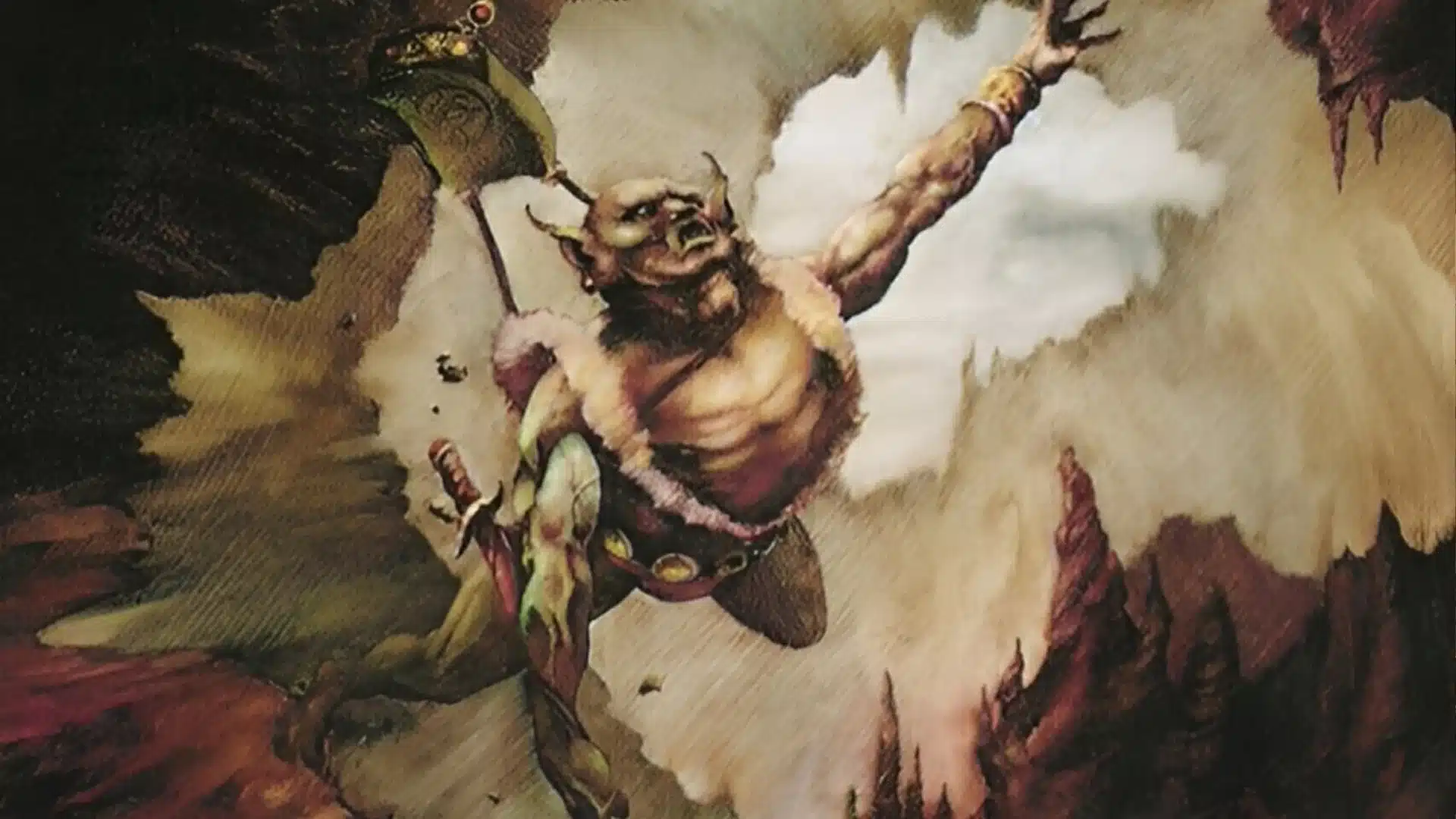Magic: The Gathering survives on continuous reinvention of itself, from board tourneys to MTG Arena’s sophisticated patches. With the Aetherdrift patch release, achievements let players showcase their specific expertise, but many devoted Planeswalkers need rewards that are tangible and instant. That need is a perfect fit for sweepstakes game software models that are prospering elsewhere in interactive entertainment.
Why Magic: The Gathering Players Need Fresh Digital Incentives
After the release of MTG Final Fantasy, Steam Charts show MTG Arena with more than 7,800 average Steam players for the last 30 days, a 22 percent surge from April. That’s proof that a willing audience will emerge when fresh motivators are there. Incentives rile the Magic: The Gathering community, fueling extended play sessions and social chatter with every update cycle.
Traditional booster packs have a thrill-of-chance psychology, but their contemporary digital counterparts miss out on the sensual thrills of cracking cellophane. Sweepstakes mechanics produce that dopamine thrill with higher stakes without mandatory spend, appealing to Commander nights’ negotiating of camaraderie rather than price. Adding such systems can be one of the things that retains Magic: The Gathering players.
What Sweepstakes Mechanics Bring To Magic: The Gathering Arena
Opt-in mini-events can be implemented by developers through introducing daily quests, where winning challenges rewards virtual tokens redeemed for community lotteries. This aligns with the Achievements system, without increasing the gem economy. Bragging rights have reward potential, with the strategic simplicity that defines Magic: The Gathering competitive play.
- Other session stickiness that doesn’t involve forced daily log-ins
- Organic live streaming content for live streamers playing real-time Magic: The Gathering games as a reaction to random prize giveaways
- Grassroots community-supported pools are funding grassroots leagues and local game stores all over the world
- New streams of money honoring “no purchase necessary” sweepstakes guidelines
Fortunately, U.S. sweepstakes legislation insists on openness, free-to-play, and transparent disclosure of fair odds—regulations consistent with Wizards’ player-centric philosophy. Such protections protect consumers but allow Magic: The Gathering designers the freedom to innovate with fresh concepts utilizing fundamentally free-to-play prize funds.
Designing Balanced And Enjoyable Sweepstakes-Inspired Events
Sweeps should be in balance with the other currencies and not hyper-inflate Arena’s economy. Abuse of gems is warned against in various economy models, and balanced reward loops are rewarded. Seasonal “Plane Chases” rewarding sweep tokens for color-based actions, tradable later for sleeves or avatars, are envisioned. Randomness approximates simulating Limited drafts, but optionally, in respect for Magic: The Gathering tradition of choice.
Internet users are offered rewards disguised as games. There must be clear messaging. An in-client definition—what are sweepstakes casinos—is brief, explains virtual coins, and thwarts any real money bets from being placed. Onboarding new players helps avoid suspicion and encourages Magic: The Gathering veterans to consider optional rewards.
Transparency and pacing are important. Regular Twitch streams with winner draws live would scream legitimacy while building hype. Wizards could provide opportunities to highlight Local Game Stores as well through Pride-themed Commander events, rewarding sweep winners store credit, and building brick-and-mortar relationships. This effort roots Magic: The Gathering’s digital future in its physical past.
They should post odds tables, RNG audit reports, and draw dates on the dashboard. KickoffLabs understands that openness reduces customer complaints, and Gleam sees the same patterns in social promotions.
To have sweep tokens established is to have such cross-platform hooks. NuxGame’s platform illustrates how sweepable Sweep Coins and virtual Fun Coins drive player behavior across platforms. Wizards are able to bank rewards during their lunch break on the phone and redeem them back home, driving daily Magic: The Gathering behavior.
Looking Ahead: The Future Of Reward Systems In Magic: The Gathering
Analysts estimate the collectable-card games market online will grow to $2.1 billion by 2033, tripling in size. Such games blending skill, luck, and narration will benefit most. By adding legal sweepstakes to standard games, Magic: The Gathering can cement its monopoly, gaining new consumers without intimidating existing competitors.
But genuine hope, humble in restraint, is justified. Recent studies and newspaper headlines suggest loot-box problems occur where probabilities are concealed or children perceive they are being engaged with. Plain sweepstakes simulation of board lotteries circumvents that complaint, provided Wizards resist no-buying. Iteration feedback—already the signature of Arena patch sets—is going to be crucial to Magic: The Gathering success.
Conclusion: A New Horizon For Magic: The Gathering Rewards
Magic: The Gathering has said its fair share about reward structures. 1993 ante cards were legendary drops of the following years. Sweepstakes-events are the standard, a mix of present compliance measures with the old thrill of random pillage. And nicely done, every login would be like opening a legendary booster.
By small, open-world testing in trial, Wizards would be able to test sentiment and calibrate odds prior to global launch. That forward hearing, accompanied by open legal blueprints, is the promise of open world where fans, grinders, and collectors find their sweet spot. The best Magiс: The Gathering games might still be waiting to be found. Beyond the next reveal screen.

